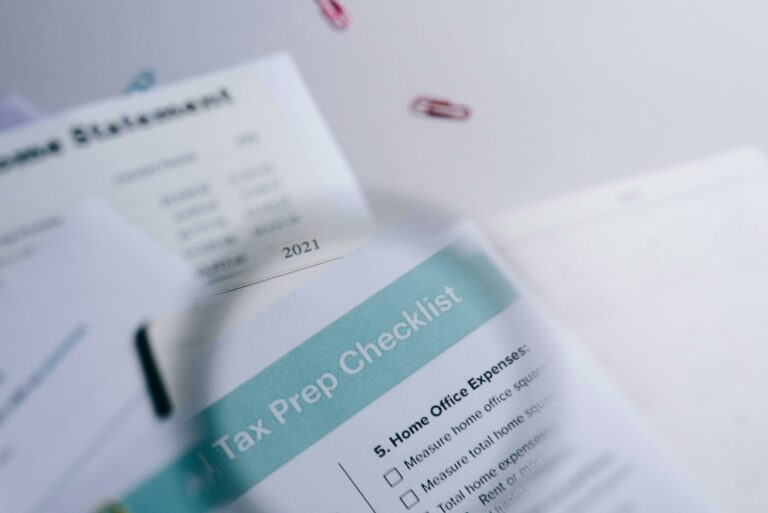
Essential Legal Documents for Graduating Seniors
As new legal adults transition from high school to college or the workforce, they must understand the significance of having essential legal documents in place. These documents can protect their interests and ensure their wishes are respected, especially in unexpected situations.
Why Do Young Adults Need Legal Documents?
Many young adults think estate planning is only for older people, but it’s crucial for everyone. Once young adults turn 18, they are legal adults, and parents or guardians no longer have authority over their health or financial accounts or information. Accidents and illnesses can happen at any age, and having the right documents can make a big difference.
There are five essential legal documents that every young adult should have:
- Healthcare Proxy: This document allows a trusted person to make medical decisions on your behalf if you can’t communicate your wishes. Choosing a reliable and nearby person is important for making quick decisions if needed.
- HIPAA Authorization: This gives certain people access to your medical records. Without it, your loved ones might not be able to get the information they need to help you in a medical emergency.
- Durable Financial Power of Attorney: This lets someone manage your finances if you cannot do so yourself. It can help ensure your bills are paid, and your finances are handled properly if you’re incapacitated.
- Living Will: This outlines your medical treatment and end-of-life care preferences. It helps your family know your wishes regarding life support and other critical decisions.
- Preneed Guardian Designation: This appoints someone to care for you or your dependents if you cannot do so. For young parents, it ensures that their children are cared for without waiting for court appointments.
A Story of Preparedness
Consider the story shared by the Financial Planning Association about a young adult who was in a car accident. Despite being healthy and active, the accident left them unable to make decisions.
However, they had a healthcare proxy and a durable financial power of attorney. This enabled their family to step in and make medical and financial decisions on their behalf. Good estate planning can make hard times a little more manageable, even for young and healthy people.
What Happens without These Documents?
Without these essential documents, your family might face delays in managing your affairs. Courts could appoint someone to make decisions for you. While this may work out, there’s no guarantee a court-appointed agent’s views would align with your wishes. Being unprepared can make difficult times even more stressful and challenging.
How can Young Adults Get Started?
Creating these documents is easier than you might think. Here are some steps to get started:
- Talk to Your Parents or Guardians: Discuss your plans and get their input on who your healthcare proxy or financial power of attorney should be.
- Consult an Attorney: Seek advice from an estate planning attorney who can draft these documents to ensure they meet legal requirements and accurately reflect your wishes.
- Store Documents Safely: Keep your documents in a safe place, and make sure that your designated proxies know where to find them.
- Review Regularly: Life changes might require updates to your documents. Events such as moving to a new state, getting married, or having a child should prompt you to revisit your documents.
Lay the Foundations of a Bright Future
If you’re a young adult or a parent of one, now is the time to start thinking about these important legal documents. Our law firm focuses on estate planning and can help you create a comprehensive plan suited to your wishes. Contact us today to request a consultation and get started.
Key Takeaways
- Young People Need Estate Planning: Having your documents in order can make hard situations easier.
- Key Estate Documents for Young People: HIPAA Authorization, a durable financial power of attorney, and preneed guardian designation are invaluable.
- The Importance of a Will: Young parents need wills to provide for their children’s future in case the worst happens.
Reference: Financial Planning Association (Oct. 2023) “Essential Estate Planning for Young Adults”









